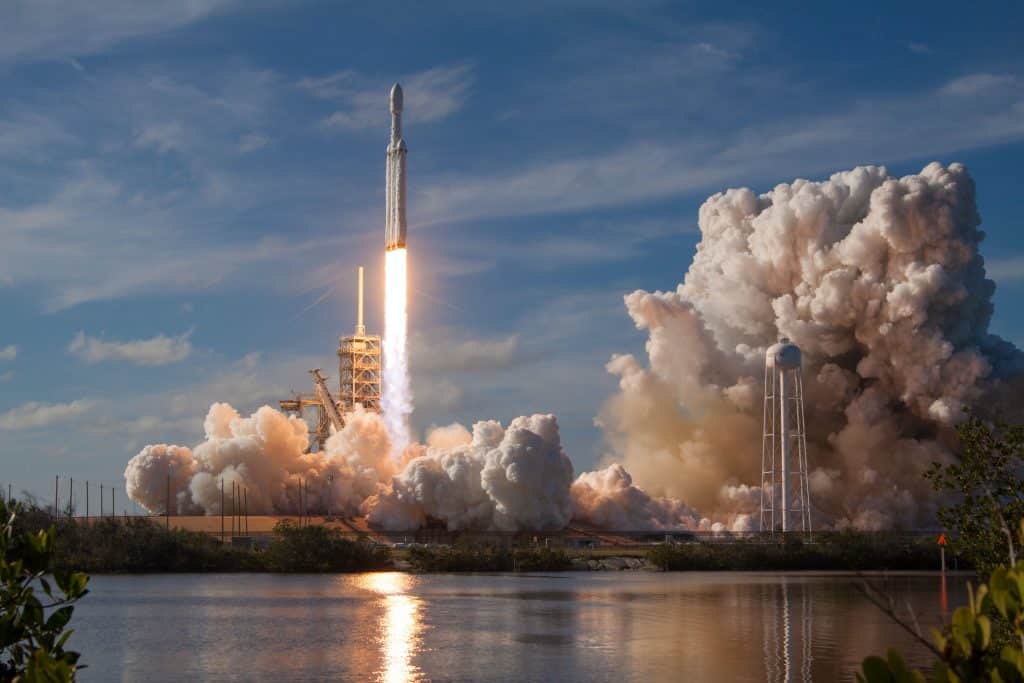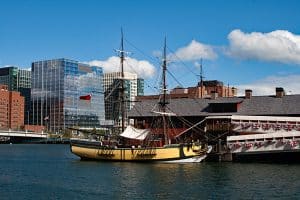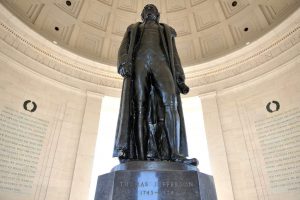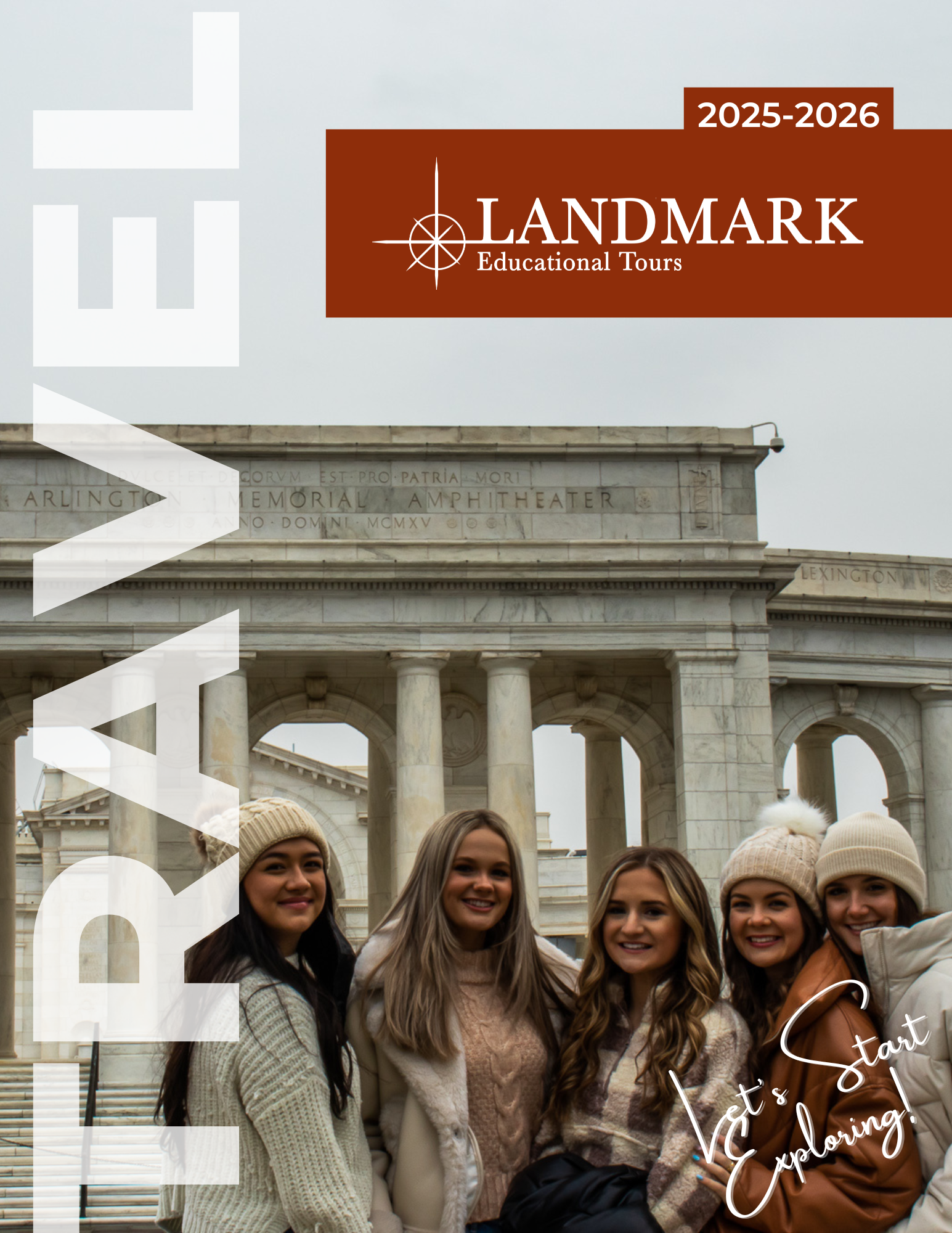Elevate Learning with Lesson Plans from Kennedy Space Center

Education is a journey, and sometimes that journey takes us beyond the confines of traditional classrooms. Imagine a realm where textbooks transform into rocket boosters, equations become the guiding stars, and students explore the mysteries of the cosmos with a sense of wonder and awe. This transformative educational odyssey is precisely what lesson plans from the Kennedy Space Center offer—an opportunity to elevate learning to celestial heights.
In the vast expanse of the Kennedy Space Center, where history intertwines with innovation, and the dreams of exploring the unknown become reality, lesson plans are not just instructional tools; they are gateways to a universe of knowledge. Let’s embark on a cosmic journey together, exploring the richness and depth that these lesson plans bring to the world of STEM (Science, Technology, Engineering, and Mathematics) education.
The Cosmic Classroom: Where Learning Meets Innovation
Imagine a classroom where the ceiling is the limit, and even the sky isn’t the endpoint. The Kennedy Space Center serves as the ultimate cosmic classroom, where lesson plans are crafted to transcend the boundaries of conventional education. Here, learning isn’t confined to the pages of a textbook; it takes flight on the wings of a rocket and soars into the cosmos.
These lesson plans act as portals, transporting students into the heart of space exploration, engineering marvels, and scientific frontiers. The objective is not just to impart knowledge but to instill a passion for discovery and a curiosity that reaches beyond our terrestrial boundaries.
Rocket Science Unveiled: Lessons That Soar
At the Kennedy Space Center, the concept of “Rocket Science” isn’t an abstract idea; it’s a tangible reality. Lesson plans in this cosmic realm delve into the intricacies of rocketry, where students are not mere spectators but active participants in the process of understanding and applying the principles of propulsion and aerodynamics.
The classroom discussion extends beyond equations on a chalkboard, venturing into the history of rocketry, the evolution of space exploration, and the challenges faced by scientists and engineers. As students immerse themselves in the narratives of lunar landings and Mars missions, they begin to see that rocket science isn’t just a subject; it’s a journey into the unknown.
Hands-on activities take center stage in these lessons, where students become engineers, building and decorating their own model rockets. Launch day isn’t just an event; it’s a culmination of theoretical knowledge put into practice. As rockets ascend into the sky, carrying with them the dreams of exploration, students witness the very principles they’ve learned in the classroom unfold in front of their eyes.
Living in Space: The Engineering Marvels of Space Habitats
The lesson plans extend beyond the bounds of our planet, inviting students to ponder a question that has intrigued scientists and futurists for decades: What does it mean to live in space? Lessons on space habitats immerse students in the challenges and engineering feats involved in creating environments beyond Earth.
A research session begins the exploration, with students delving into the intricacies of the International Space Station (ISS) and other space habitats. The lesson unfolds as a design project where groups of students collaborate to create their own space habitat designs. The considerations are vast—sustainability, functionality, and the psychological well-being of potential inhabitants.
The presentations that follow are more than just showcases of imaginative designs; they are glimpses into the future of space exploration. Students articulate not only the physical aspects of their habitats but also the human elements—the need for recreation, social spaces, and the psychological impact of living in confined quarters.
Mars Exploration: Rover Design and Programming
As the lesson plans venture further into the cosmos, Mars becomes the focal point of exploration. The Red Planet beckons, and students are tasked with unraveling the mysteries of Martian terrain and the engineering marvels of Mars rovers.
A research session precedes the hands-on phase, with students diving into the history of Mars exploration, from the Pathfinder mission to the latest rovers traversing Martian landscapes. The robotics workshop that follows is a playground for budding engineers, as they work with basic robotics kits to build and program their own small rovers.
The culmination of this lesson plan is a simulated mission—a Martian obstacle course that tests the functionality and programming of the rovers. It’s not just about designing machines; it’s about understanding the challenges of remote exploration and the precision required to navigate alien landscapes.
Astronomy Night: Stargazing and Celestial Navigation
In the cosmic classroom, lessons extend beyond our immediate celestial neighbors, inviting students to turn their gaze toward the vast expanse of the night sky. Astronomy becomes a captivating subject, with lesson plans that involve both theoretical understanding and practical observation.
The classroom discussion introduces students to the basics of astronomy—stars, constellations, and the principles of celestial navigation. Yet, the real magic happens during the stargazing night, where students venture into the darkness armed with telescopes or binoculars.
Under the cosmic canopy, students observe celestial wonders, connecting theoretical knowledge to tangible experiences. A navigation project follows, where students create their own celestial navigation tools, bridging the ancient art of stargazing with modern technology.
Mission to Mars: Simulated Space Mission
The allure of Mars continues to captivate the cosmic classroom as students take on the challenge of planning and executing a simulated space mission to the Red Planet. This lesson plan is a multidimensional experience, integrating scientific, engineering, and teamwork aspects into a cohesive narrative.
Mission planning kicks off with students working in teams to chart a simulated Mars mission. Factors such as fuel consumption, supplies, and communication become integral parts of the plan. The execution phase unfolds through computer simulations or role-playing scenarios, bringing to light the complexities and unforeseen challenges that arise in space exploration.
The debriefing session that follows isn’t just an analysis of the simulation; it’s a reflection on the importance of teamwork, adaptability, and problem-solving—the very skills that define successful space missions. Students come away not only with a deeper understanding of the scientific aspects but also with a newfound appreciation for collaboration and resilience.
Aerospace Engineering Workshop: Designing Spacecraft
As the cosmic classroom delves deeper into the realms of space exploration, the focus turns to the engineering marvels that make interstellar travel possible. An aerospace engineering workshop unfolds, allowing students to explore the principles that govern spacecraft design.
The journey begins with an introduction to aerospace engineering, laying the foundation for understanding the intricacies and challenges faced by aerospace engineers. The core of the lesson plan is a design project where students, working individually or in groups, create their own spacecraft designs.
The showcase that follows is a testament to creativity, innovation, and a grasp of engineering principles. Each spacecraft design becomes a miniature marvel, embodying the considerations of materials, propulsion systems, and mission objectives. Students articulate their design choices, revealing not just an understanding of engineering but also a vision for the future of space exploration.

Boston Tea Party Ships and Museum
Step into history at the Boston Tea Party Ships and Museum, where students relive one of the most pivotal moments of the American Revolution. Through interactive exhibits, live reenactments, and hands-on experiences, this immersive visit brings the story of protest, courage, and the fight for independence to life along the historic Boston waterfront.

Cherry Blossoms Washington DC
Experience the beauty of Cherry Blossoms Washington DC, where spring transforms the nation’s capital into a living classroom. As iconic landmarks surround the blooming Tidal Basin, students explore history, culture, and nature at their most vibrant—creating unforgettable moments during a seasonal visit to Washington, D.C..

Tidal Basin Memorials Tour
The Tidal Basin Memorials Tour offers students a meaningful walk through American history, connecting leadership, civil rights, and reflection along Washington, D.C.’s iconic waterfront memorials.


